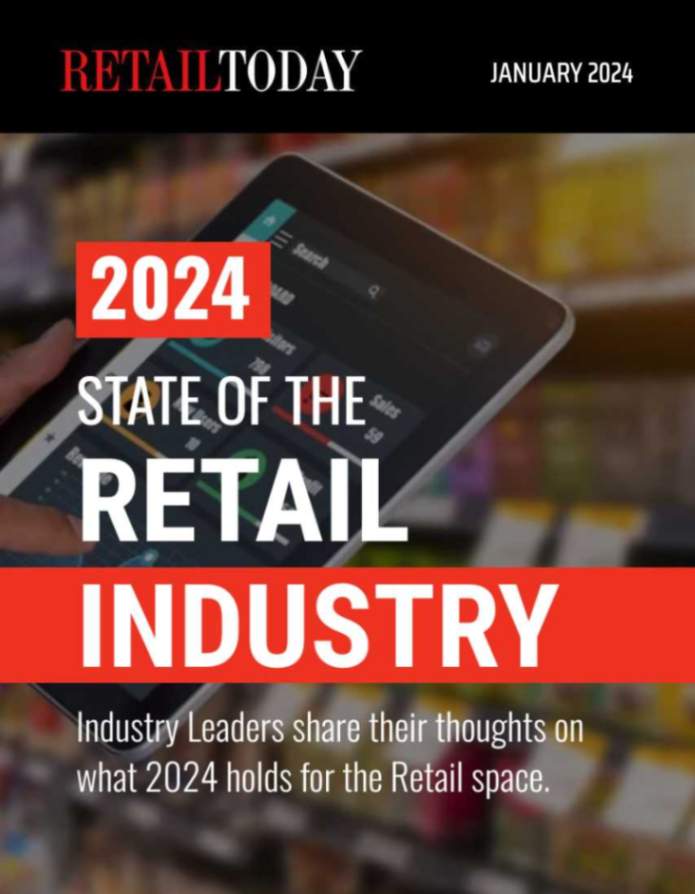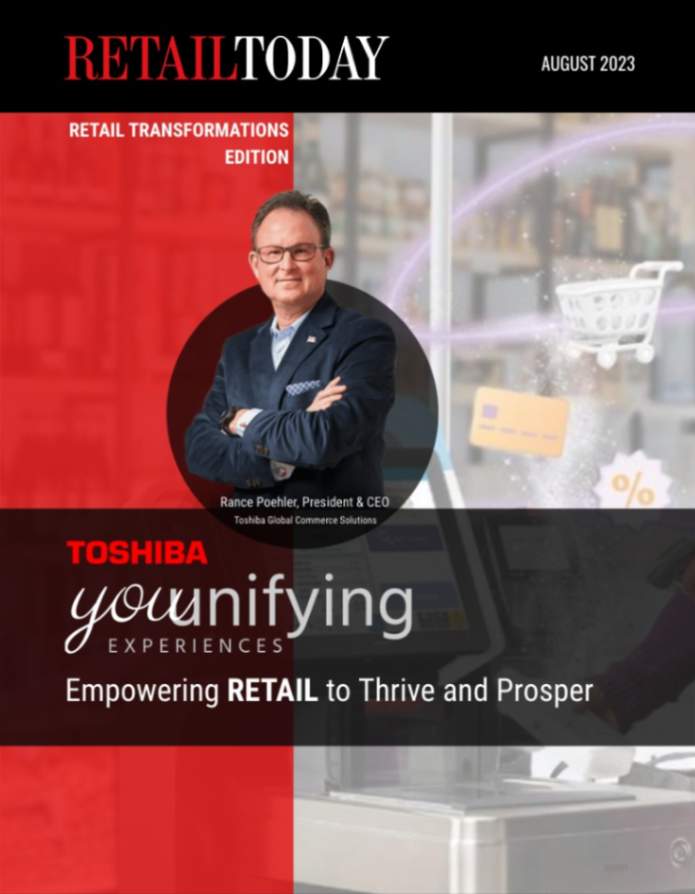
TELUS International
The macroeconomic environment is changing in many ways – from inflation to rising interest rates – and so businesses are taking a deeper look at existing contracts to determine which ones are worth holding onto during what could be a protracted recession in many countries around the world.
A recent survey by my company, TELUS International, and BPO consultancy firm, Ryan Strategic Advisory, sounded the views of 688 global enterprise executives across a variety of vertical markets with respect to their customer experience (CX) strategies and found that 52% of those already working with external third parties were more likely to renew contracts with these existing partners than they were to seek a new provider (39%).
This bodes well for existing partners but simultaneously makes it more crucial than ever that they can demonstrate their value to clients by consistently achieving KPIs and by demonstrating their ability to adapt, scale and innovate.
Here are four standout qualities and features of great retail CX partners that lead to successful contract renewals:
- Scaling up and down seamlessly
Nearly seven in 10 (69%) enterprise executives said the top reason they renewed a CX contract was their partner’s capacity to scale. Quick and agile scalability across geographies is a crucial decision-making factor. In fact, nearly half (48%) of executives who did not renew a CX contract said it was because of their provider’s inability to do so.
If a retailer is looking to scale down its CX services because of a change in customer demand, its provider must have the infrastructure, experience, and technology in place to do so seamlessly. Whether that means temporarily ramping down support in specific regions or transitioning live agent support to digital channels, automating certain tasks, and creating self-serve options, a retail CX partner should be able to make strategic recommendations and then design, build and deliver the platforms and services for its clients.
I also believe that retailers should initially select and consequently renew contracts with partners that have the ability to transition employees from its client account to another should they face the need to scale down. For a CX partner, this includes being willing to invest in the training and upskilling of its employees in order to ensure they can smoothly transition to a different role. Certainly, there are times when this isn’t feasible for all individuals; however, CX providers with a caring culture that prioritize its employees’ wellbeing will undoubtedly have the most tenured, engaged, and knowledgeable teams who are best suited to interact with customers.
- Delivering on KPIs
Unsurprisingly, the ability to set and consistently achieve KPIs was identified by 65% of enterprise executives surveyed as another key component of their decision to renew a CX contract.
When operating in a challenging business environment, retailers are invariably looking at vendors across their organizations to ensure they are maximizing their return on investment (ROI) in every single contract. Rather than being viewed simply as a cost center, CX partners can prove their added value by driving efficiencies that could include incorporating automation where it makes sense and reducing call volumes by launching new digital channels and ensuring the customer service representatives are highly trained and tenured in order to achieve a high first call resolution.
Successful retail CX providers also need to proactively come up with a plan to reassess and adapt existing KPIs to ensure they are realistic and are measuring the correct metrics based on the state of the business and economy. This means working with a CX provider that customizes its processes versus one that is rigid in its procedures. It also means finding a trusted partner that is committed to learning about your business, your customers, and your growth strategy or product roadmap to be an extension of your team.
- Supporting multiple languages
The ability to support multiple languages was also cited by 61% of enterprise executives as a top reason for renewing a contract with their CX provider. Further, the inability to offer multi-language support was the top reason (70%) of contracts that were not renewed.
In-house CX decision-makers believe that an outside provider must have a strong linguistic and geographic footprint if it is to be considered as a business partner. This places the onus on CX providers to ensure that they can provide existing and prospective retailers with the locations from which strong quality language services can be delivered. This will be especially important during the current macroeconomic environment as businesses may choose to operate in new regions to offset struggling sales in another.
Given our increasingly global economy and worldwide customer bases, I believe retailers will prioritize working with CX partners with strong language capabilities and a diverse geographic footprint even more in the months and years ahead. Alternatively, CX providers that can also supplement their language capabilities with AI-driven real-time translation bots can further enable the brands they support to connect in ways that can be more cost-effective over the long term.
- Offering end-to-end support
Finally, 42% of enterprise executives surveyed said the top reason they kept their CX provider was the completeness of its CX solutions and capabilities, especially across existing and emerging digital channels. They cited the four most popular CX services they are seeking today as:
- CX (ex: voice, live chat) and digital CX (ex: chatbots, automation): 77%
- Content moderation and social media solutions: 72%
- Digital IT services (cloud migration, cloud hosting, CCaaS): 68%
- AI data solutions (data creation, data collection, data labeling): 67%
These findings indicate that today’s companies are more likely to renew a contract with a partner that can ‘do it all’ – from offering more traditional call and chat support to providing content moderation services to designing and building customized chatbots.
In fact, retailers are increasingly shifting their needs toward more complex digital solutions, making it important that their CX partners can provide these new economy services. This will be a deciding factor as brands determine whether to renew contracts, as they look to bridge the gap between legacy CX and newer digital channels so that they can offer the omnichannel CX that has become table stakes for a great customer journey and, therefore, brand loyalty.
Although external partners appear to be a cost center on the surface, looking at how they can actually drive numerous efficiencies can end up saving the company money, especially if they can anticipate trends and evolving needs. Great CX partners don’t only execute well on what their clients request, they go above and beyond as consultants that anticipate future needs and design customized strategies and solutions.
As economic uncertainty persists and consumer behavior continues to evolve in its wake, retailers must be thinking ahead to ensure they have the right partners by their side. For CX delivery, that means having the ability to scale, meet KPIs, and leverage the right technologies, people, and processes to support multi-language, omnichannel, and digitally-focused customer experiences.
Maria Pardee joined TELUS International in 2021. She brings more than 25 years of leadership experience in technology and transformation, specializing in global integration and infrastructure managed services. Prior to TELUS International, for eight years, she served as SVP and General Manager at DXC Technology, leading the Digital Workplace and Mobility business with a focus on the transformation of employee and customer experience through innovation. Additionally, she was a partner at KPMG, a CIO at BT (British Telecom) and a Vice-President at AMS/CGI. She holds a Master of Science degree in Telecommunications and a Bachelor of Arts degree in International Affairs, both from the University of Colorado Boulder.






